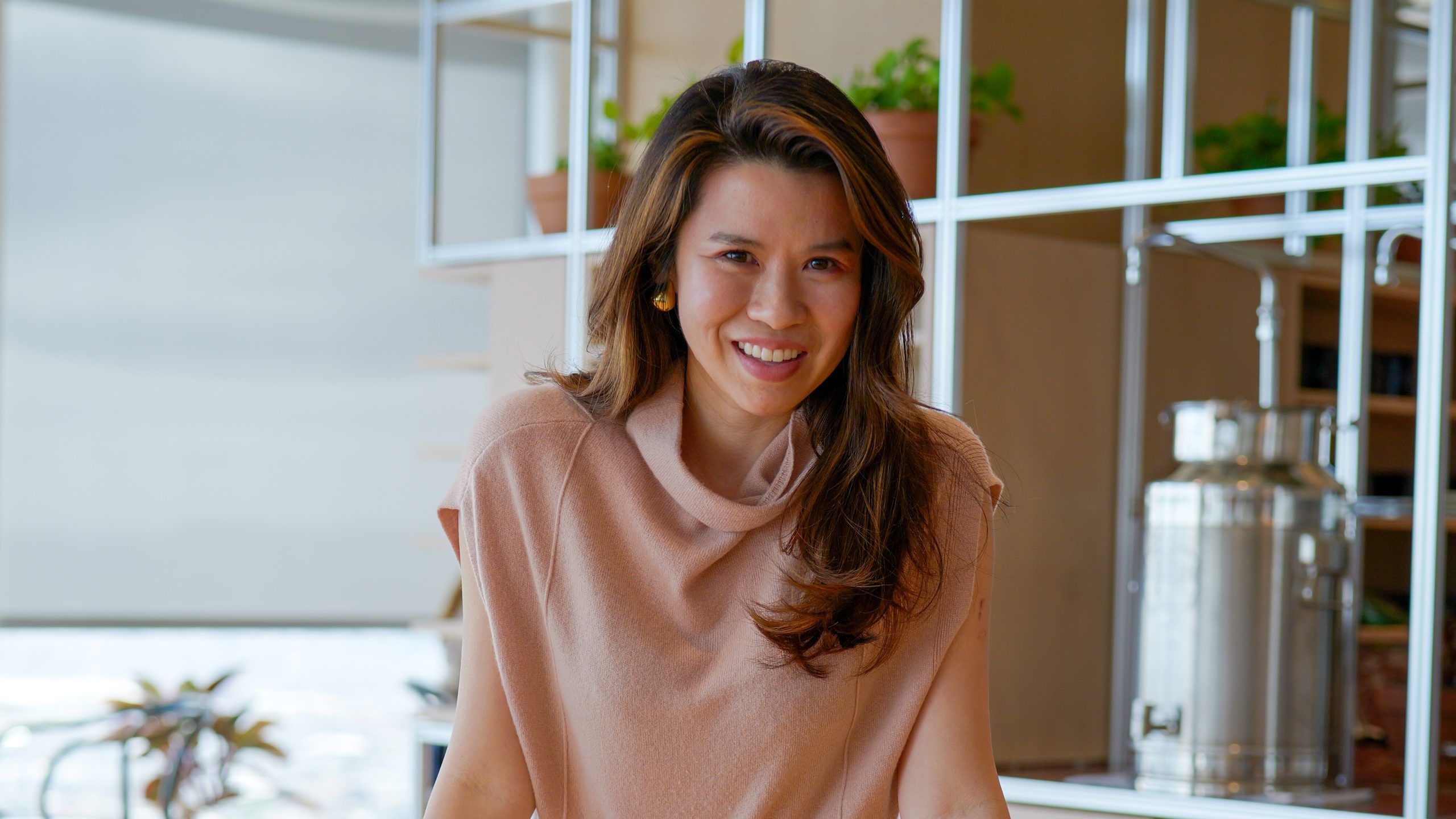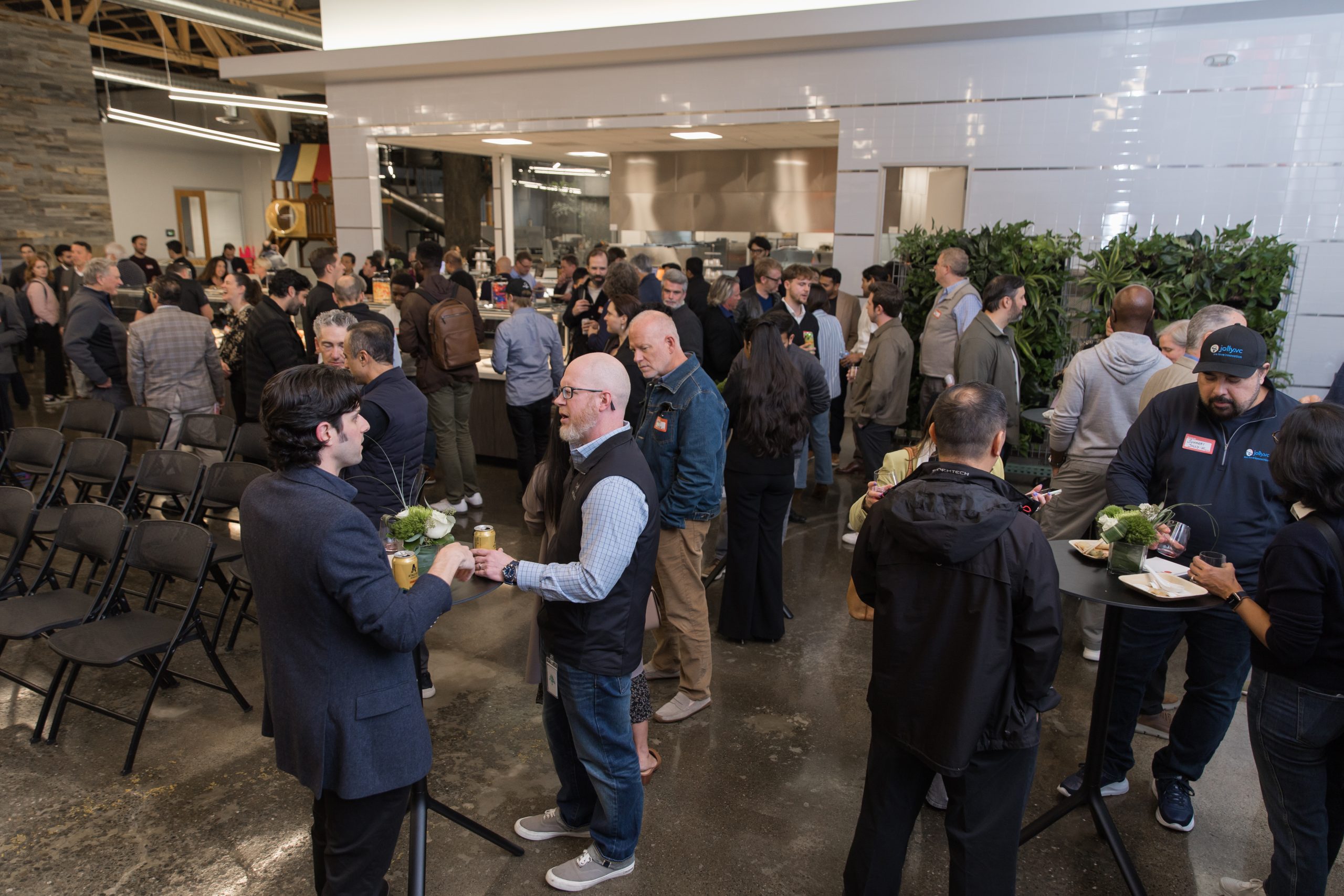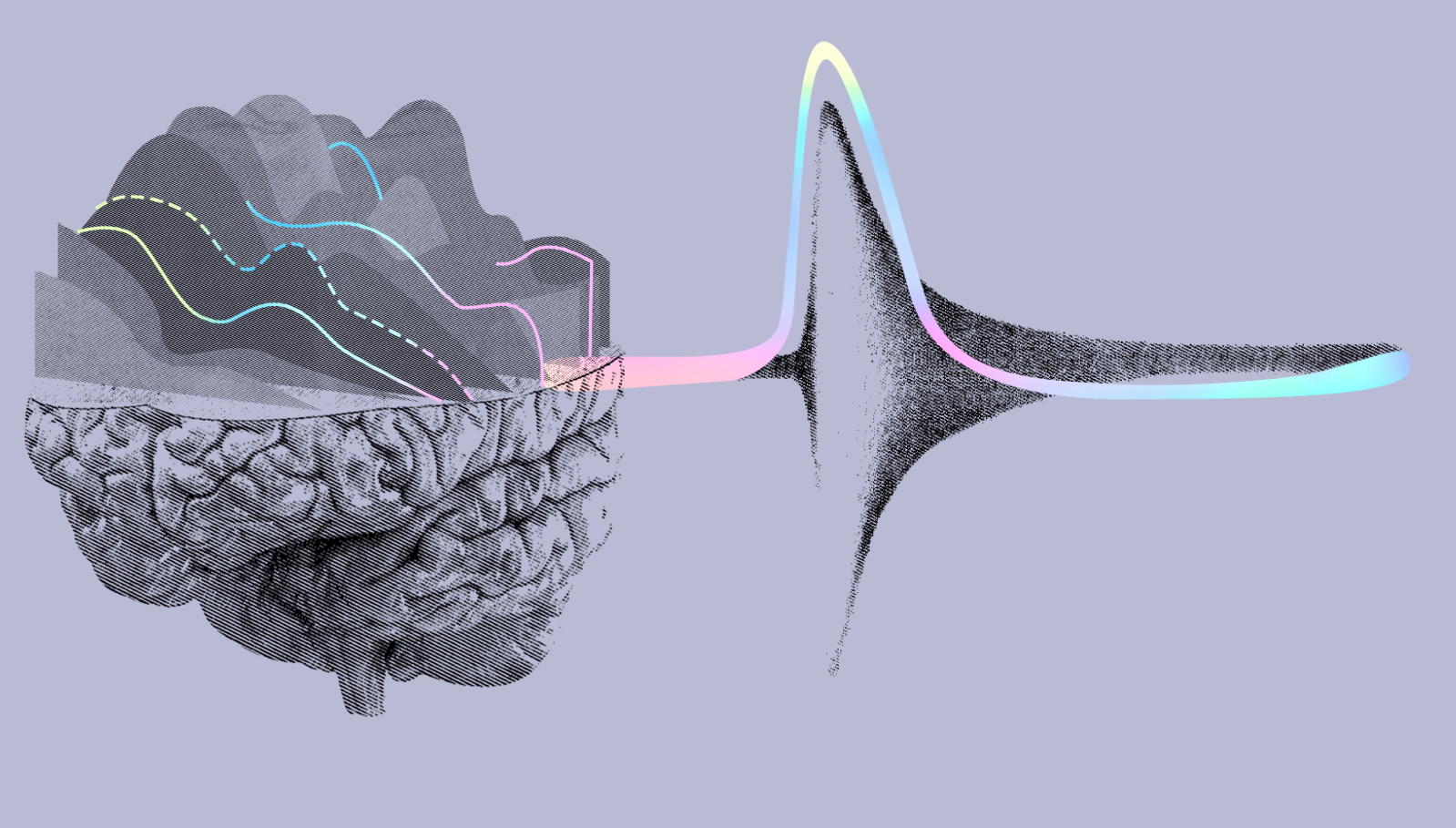
A profound shift from the demanding corridors of medicine to the innovative frontier of artificial intelligence marks the journey of Dr. Jenny Shao, a former physician who previously held a residency at Harvard. Witnessing firsthand the escalating mental health crisis and pervasive social isolation exacerbated by the global pandemic, Shao embarked on a mission to address a critical void in emotional support, culminating in the launch of Robyn, an AI companion designed with a distinct focus on empathetic and emotionally intelligent interaction.
The Genesis of Robyn: Addressing a Modern Crisis
The COVID-19 pandemic presented an unprecedented global health challenge, extending far beyond the immediate viral threat to profoundly impact mental well-being across populations. Widespread lockdowns, social distancing mandates, and the pervasive fear of illness severed traditional social ties, leading to a surge in feelings of loneliness, anxiety, and depression. Dr. Shao, immersed in clinical practice during this tumultuous period, observed a significant neurological and psychological toll on individuals isolated from their usual support networks. This observation became the catalyst for a radical career pivot. Recognizing the limitations of conventional healthcare systems to scale rapidly and meet the burgeoning demand for emotional support, she chose to leave her medical career and Harvard residency to pursue a technological solution. Her vision was to create an accessible, non-judgmental digital entity capable of providing consistent, personalized emotional understanding—a concept she materialized as Robyn.
Navigating the Complex AI Companion Landscape
The emergence of AI companions like Robyn is set against a rapidly evolving digital landscape, where artificial intelligence is increasingly woven into the fabric of daily life. The past few years have seen an explosion in the development and adoption of conversational AI, particularly large language models (LLMs), which possess the ability to generate human-like text, engage in nuanced dialogues, and even simulate emotional responses. This technological leap has paved the way for a diverse ecosystem of AI applications, ranging from general-purpose chatbots like ChatGPT to more specialized companion, friendship, and avatar-based platforms such as Character.AI, Replika, and Friend.
However, this burgeoning market is not without its complexities and controversies. The rapid proliferation of AI companions has introduced a new set of ethical considerations, particularly concerning user safety and psychological impact. Recent studies, including one from July indicating that a substantial 72% of U.S. teenagers have engaged with AI companion applications, underscore the widespread adoption among younger demographics. Simultaneously, these platforms have faced intense scrutiny, with several lawsuits alleging their involvement in tragic outcomes, including suicides. These legal challenges highlight the critical need for robust safety protocols, clear ethical guidelines, and transparent communication regarding the capabilities and limitations of AI in sensitive areas like mental and emotional well-being. The industry grapples with the delicate balance of fostering innovation while ensuring the protection of its users, especially those who may be vulnerable.
Robyn’s Unique Positioning and Design Philosophy
In response to this intricate market, Dr. Shao has meticulously positioned Robyn to occupy a distinct niche, carefully delineating its role to avoid the pitfalls encountered by other AI applications. She explicitly states that Robyn is neither intended as a substitute for human friendship nor a replacement for professional therapy or clinical practitioners. Instead, the application aims to function as a sophisticated "emotionally intelligent partner," akin to a trusted confidante who possesses a deep understanding of the user’s personality and experiences.
Dr. Shao’s clinical background informs this cautious approach. She articulates a firm belief that technology companies should not attempt to replicate or supersede the role of medical professionals, citing instances where such endeavors have led to detrimental outcomes. Robyn’s design philosophy is rooted in providing support and fostering self-reflection, rather than offering diagnoses or clinical interventions. It seeks to augment an individual’s capacity for self-awareness and emotional resilience, ultimately strengthening their ability to connect more effectively with themselves and others, rather than replacing these crucial human interactions. This nuanced positioning attempts to leverage the benefits of AI for emotional support while consciously mitigating the risks associated with blurring the lines between artificial and human relationships or professional medical care.
Intelligence Rooted in Neuroscience: The Memory System
A distinguishing feature of Robyn’s architecture lies in its sophisticated memory system, which Dr. Shao asserts is designed to mimic the intricate mechanisms of human recollection. This innovative approach is deeply influenced by her previous research under the tutelage of Nobel Laureate Eric Kandel, who was awarded the 2000 Nobel Prize in Physiology or Medicine for his groundbreaking work on the physiological basis of memory storage in neurons. Dr. Shao’s time in Kandel’s lab provided her with profound insights into how humans form, store, and retrieve memories, particularly those linked to emotional experiences.
Translating these complex neuroscientific principles into an AI framework is a formidable technical challenge. Unlike typical chatbots that might retain short-term conversational context or access a broad database of past interactions, Robyn’s memory system aims for a more integrated and emotionally resonant form of recall. The objective is for the AI to not merely remember facts or past statements but to understand the underlying emotional nuances, patterns, and evolving narrative of a user’s life. This allows Robyn to contextualize current conversations within a richer tapestry of past discussions, enabling it to offer more personalized, relevant, and seemingly empathetic responses. This approach seeks to foster a sense of being truly "known" by the AI, which can be a powerful factor in building a supportive and engaging user experience, moving beyond superficial interaction to a more profound level of digital companionship.
Personalized Engagement and Insight Generation
The user journey with Robyn commences with a thoughtful onboarding process, mirroring the introspective nature of journaling or dedicated mental health applications. During this initial phase, the app engages users with a series of questions designed to build a foundational understanding of their individual profile. These inquiries delve into personal aspirations, typical reactions to challenges, and even preferences for Robyn’s conversational tone. This personalized setup ensures that the AI’s subsequent interactions are tailored from the outset to align with the user’s specific needs and comfort levels.
Once this initial profile is established, users can engage in open-ended conversations with Robyn on a multitude of topics. The AI is engineered to not only respond empathetically but also to actively synthesize information gathered over time. As interactions deepen and the volume of conversational data grows, Robyn begins to offer sophisticated insights into the user’s behavioral patterns and emotional landscape. These insights are presented in accessible, psychologically informed frameworks, such as identifying an individual’s "emotional fingerprint," discerning their "attachment style," recognizing their "love language," pinpointing "growth edges," and even characterizing their "inner critic." Such analytical feedback is designed to foster greater self-awareness and provide users with a structured understanding of their own psychological makeup. To further demonstrate its analytical capabilities, the startup has developed a demo website capable of analyzing public profiles on platforms like X (formerly Twitter), offering a glimpse into the depth of insights users might glean from Robyn’s personalized interactions.
Prioritizing User Safety and Ethical AI Development
Given the sensitive nature of emotional support applications, Robyn places a paramount emphasis on user safety and ethical AI development. Dr. Shao has integrated rigorous guardrails into the platform from its earliest testing phases, even when she was the sole user. A cornerstone of this safety framework is the implementation of crisis intervention protocols. Should a user express thoughts of self-harm or exhibit distress indicative of an immediate threat to their well-being, Robyn is programmed to provide immediate access to crisis line numbers and direct users to the nearest emergency room. This critical feature underscores the company’s commitment to prioritizing physical safety over purely digital interaction in life-threatening situations.
Beyond crisis management, Robyn is designed with specific conversational boundaries. The AI is engineered to politely decline requests that fall outside its core function of emotional and personal support. For instance, if a user attempts to solicit sports scores or request the AI to perform a trivial counting task, Robyn will gently redirect the conversation back to topics related to personal well-being, reiterating its specialized purpose. This deliberate constraint helps manage user expectations, reinforces Robyn’s identity as a supportive emotional companion rather than a general-purpose assistant, and contributes to preventing the kind of anthropomorphism that can lead to unhealthy over-reliance or blurred realities. The company acknowledges that preventing users from imbuing the chatbot with human-like qualities is an ongoing challenge in the AI companion space, and their safety measures are continuously refined to address these complex psychological dynamics.
Strategic Investment and Future Outlook
The innovative approach and critical mission of Robyn have attracted significant investor confidence, culminating in a successful seed funding round of $5.5 million. This round was spearheaded by M13, a prominent venture capital firm, and saw participation from a cadre of high-profile individual investors. These included Lars Rasmussen, co-founder of Google Maps; Bill Tai, an early investor in Canva; Ken Goldman, former CFO of Yahoo; and Christian Szegedy, co-founder of X.ai. The caliber of these investors speaks to the perceived potential and strategic importance of Robyn’s offering in the evolving digital well-being sector. The startup, which began the year with just three team members, has rapidly expanded to a diverse team of ten, signaling robust growth and an accelerated development roadmap.
Lars Rasmussen expressed particular admiration for Robyn’s "emotional memory system," highlighting its capacity for deep, contextual understanding as a key differentiator. He also cited Dr. Shao’s overarching mission of helping individuals navigate emotional challenges as a compelling factor in his investment. Rasmussen articulated a broader societal context for Robyn’s relevance, observing that despite being surrounded by technology, many people experience profound feelings of disconnection. He views Robyn as a direct response to this "massive disconnection problem," emphasizing its role in facilitating self-reflection, pattern recognition, and fostering reconnection with oneself, which can then extend to healthier relationships with others.
Latif Parecha, a partner at M13, echoed the sentiment regarding Robyn’s ultimate goal of fostering human connections, but also underscored the critical importance of robust guardrails for AI operating in this sensitive domain. He stressed the necessity for clear escalation protocols in situations where users might be in genuine danger, recognizing that AI will increasingly become an integral part of people’s lives, much like family and friends.
Having undergone months of testing with a select group of users, Robyn has officially launched in the U.S. The application operates on a subscription model, priced at $19.99 per month or $199 annually. The journey ahead for Robyn involves not only refining its empathetic capabilities but also continuously reinforcing its safety architecture and managing user expectations to prevent anthropomorphism. As AI increasingly permeates personal care and emotional support, Robyn represents a significant step towards leveraging technology to enhance well-being, while simultaneously navigating the complex ethical and psychological terrain of human-AI interaction.








